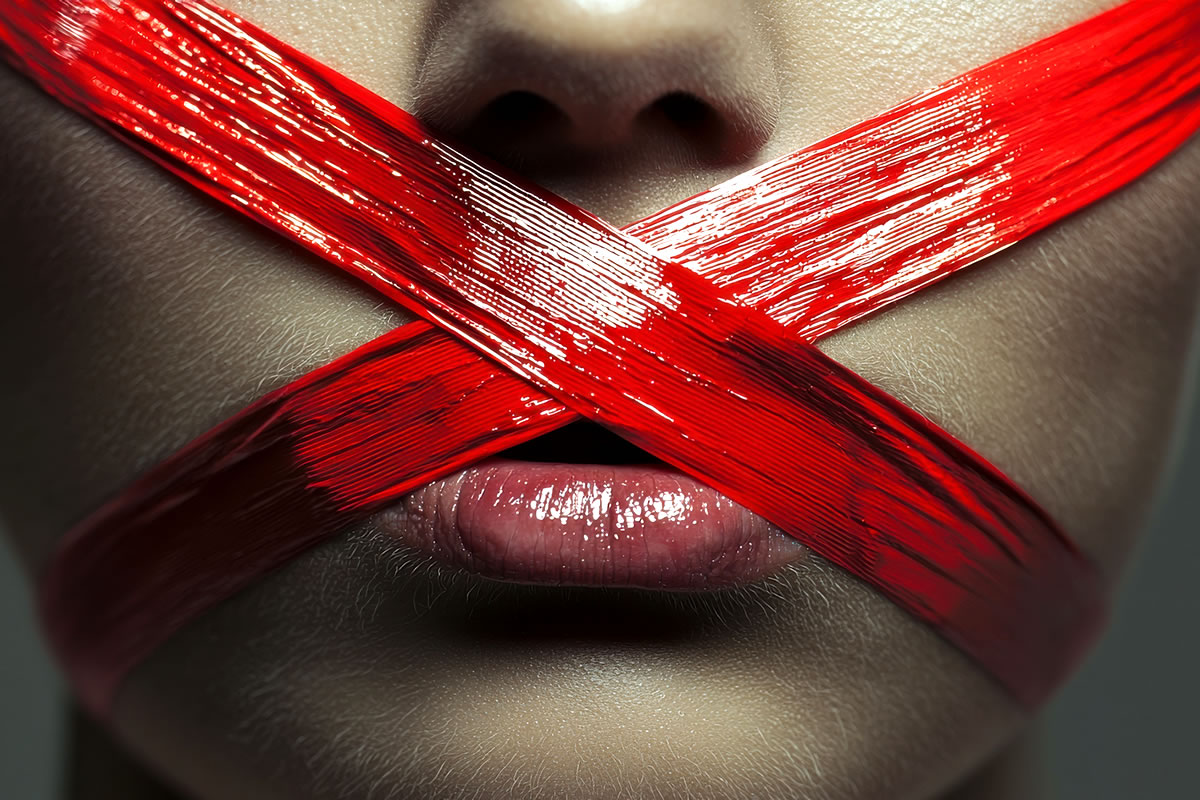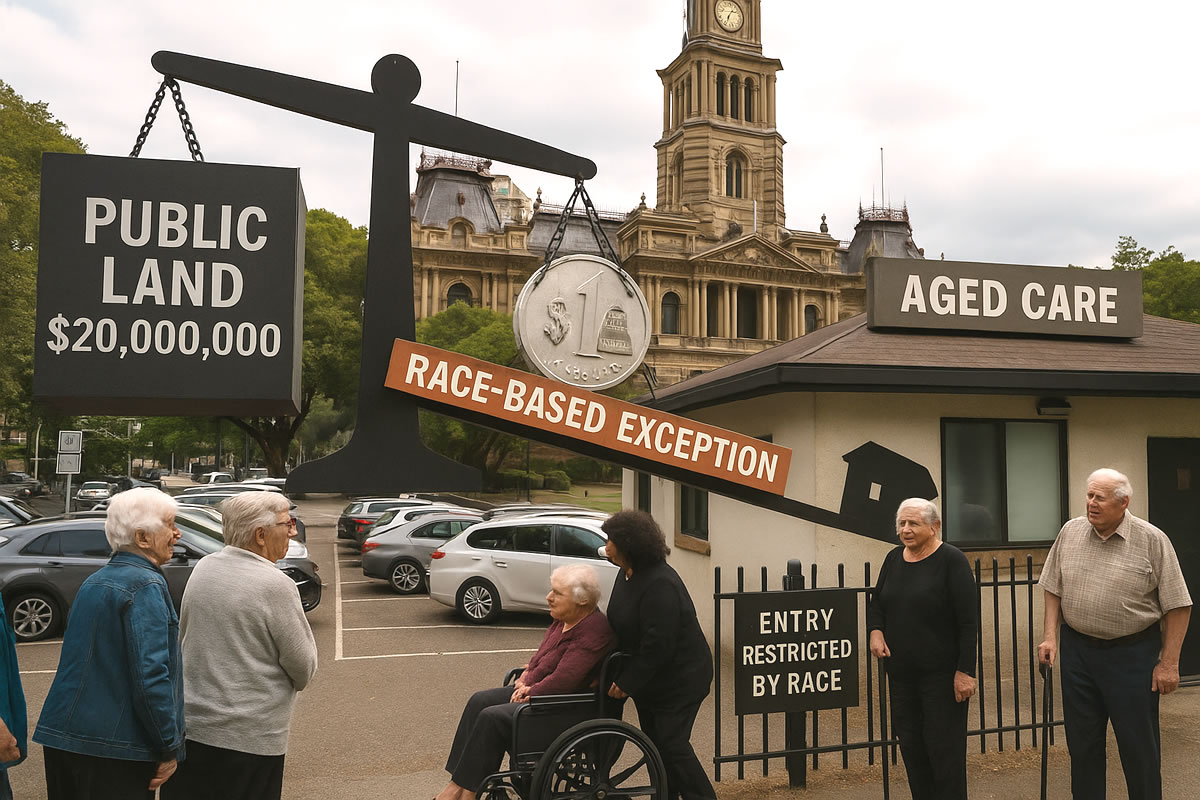In contemporary discourse, language has become a battleground. Activists and institutions increasingly dictate what is deemed acceptable speech, reshaping language to align with ideological agendas. This phenomenon—commonly referred to as “language policing”—goes far beyond semantics. It governs behaviour, enforces conformity, and reshapes how society is allowed to think and speak.
Terms like “inclusive language” or “equity-focused communication” may sound benign, even progressive. But under closer scrutiny, they often reveal a rigid, censorial mindset. Words are scrubbed not because they are objectively harmful, but because they fail to pass ever-evolving ideological filters. “Chairman” becomes “chairperson.” “Mankind” is erased in favour of “humankind.” In theory, this promotes respect. In practice, it flattens language, obscures meaning, and reduces individuality to compliance.
The consequences are far-reaching. In schools, classic literature is either rewritten or removed to avoid offending modern sensibilities. Teachers are pressured to preface lessons with “trigger warnings.” Historical facts are softened or omitted to suit contemporary narratives. But the most insidious effects lie not in what is said, but in what is no longer allowed to be said.
Nowhere is this more evident than in the recent revisions made to the works of beloved British author Roald Dahl. In 2023, it was revealed that new editions of his children’s books had been edited to remove or replace language deemed offensive. Terms like “fat,” “ugly,” and even gendered descriptions like “female” were quietly expunged. Characters no longer “go crazy” or behave in “mad” ways. Augustus Gloop from Charlie and the Chocolate Factory is no longer “enormously fat,” but simply “enormous.” In The Witches, a line advising women to wear wigs is rewritten to avoid offending bald women.
These changes were not made with the consent of the deceased author, nor at the behest of readers. They were carried out by sensitive readers and approved by publishers under pressure from activist stakeholders. In mutilating Dahl’s original prose, these institutions have done more than alter a few adjectives. They have rewritten art through a modern ideological filter, prioritising offence avoidance over literary integrity.
This is not an isolated incident. It is emblematic of a broader cultural trend in which art, literature, and language are treated as provisional, subject to revision according to the latest activist orthodoxy. Under this logic, nothing is fixed—not even the past, not even the voice of a storyteller beloved by generations.
The corporate world has followed suit. Organisations now distribute “inclusive language guides” that advise staff to avoid terms like “blind spot,” “manpower,” or “crazy,” and to adopt ideologically approved alternatives instead. While promoted as compassionate, these guidelines breed fear and confusion. Staff hesitate before speaking or writing, concerned that even unintentional phrasing could lead to reprimand or public shaming.
Worse still, language policing creates a climate where the definition of “harm” is so broad and subjective that virtually anything can be condemned. A word that offends one person today may become verboten for everyone tomorrow. In such a world, ordinary people begin to self-censor—not just to avoid trouble, but because they no longer know what the rules are.
Phrases like “defund the police” and “climate justice” demonstrate how activists intentionally manipulate language for political gain. These slogans are crafted to sound reasonable, yet mask radical agendas. “Defund” does not mean reform—it means abolish. “Justice” in this context often means state control, redistribution, or systemic upheaval. By redefining terms, activists win debates before they even begin.
The deeper danger is philosophical. When language becomes ideology, truth itself becomes flexible. Words no longer reflect reality—they are used to control it. If everything can be renamed, rephrased, or revised to suit political ends, then facts are merely props in a culture war.
Critics of this trend are often accused of overreacting. But the erosion of free speech and open dialogue does not happen overnight. It happens gradually—word by word, rule by rule, until silence feels safer than honesty. Once that threshold is crossed, a society loses its capacity for self-correction. Debate becomes dangerous. Dissent becomes deviance.
And yet, there is a solution—if we are willing to reclaim it.
Language must be reclaimed not by shouting down the language police, but by refusing to obey them. That means defending literary integrity, as in the case of Roald Dahl. It means pushing back against corporate jargon that infantilises employees. It means demanding clarity in public discourse and refusing to parrot slogans that mask complexity.
Most of all, it means restoring a basic truth: that offence is not harm, words are not violence, and the freedom to speak includes the freedom to speak imperfectly, provocatively, and sometimes even offensively.
Australia has always prided itself on plain speaking—a cultural resistance to pretension, and a healthy scepticism toward moralising elites. That tradition is worth defending. Because once language is lost to ideological control, everything else—truth, reason, freedom—soon follows.






